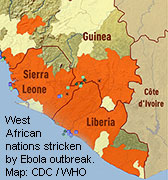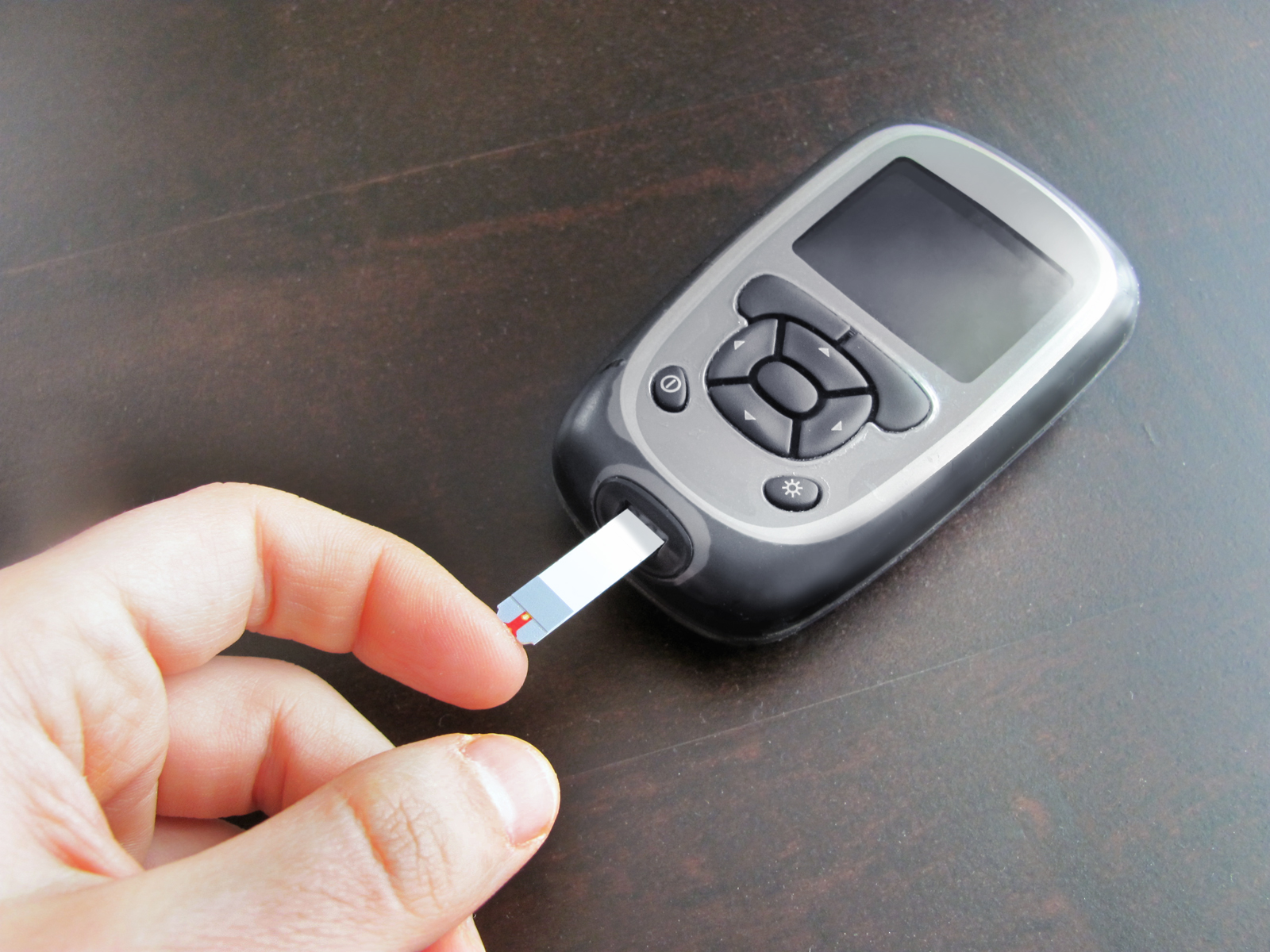
WEDNEDAY, Feb. 4, 2015 (HealthDay News) — Only about 40 percent of the nearly $2.9 billion in international aid promised for the Ebola outbreak in West Africa had reached the hard-hit countries of Guinea, Liberia and Sierra Leone by Dec. 31, a new study found.
Delays in aid may have contributed to the spread of the virus and even increased the need for money to fight the outbreak, according to study author Karen Grepin, an assistant professor of global health policy at New York University.
In late March 2014, Guinea alerted the World Health Organization (WHO) about a rapidly spreading Ebola outbreak in the southeastern part of the country. An initial shipment of protective equipment and other medical supplies was sent to Guinea within a few weeks.
However, the first appeal for international aid was not issued until August, when the WHO asked for $71 million. By mid-September, the agency was asking for $1 billion, and that increased to $1.5 billion by mid-November, according to the study in the Feb. 3 issue of the journal BMJ.
“Clearly, international leaders have found it challenging to estimate the financial requirements to tackle this rapidly spreading outbreak. The problem has not been the generosity of donors but that the resources have not been deployed rapidly enough,” Grepin said.
The findings suggest there needs to be a way to more rapidly distribute funds to fight public health threats such as Ebola. A dedicated fund for public health emergencies might be one way, Grepin suggested.
“Monitoring and tracking donor responses to the epidemic, and how the money was spent, is important to improve our response to future public health threats,” Grepin concluded.
More information
The U.S. Centers for Disease Control and Prevention has more about the West Africa Ebola outbreak.
Copyright © 2026 HealthDay. All rights reserved.

